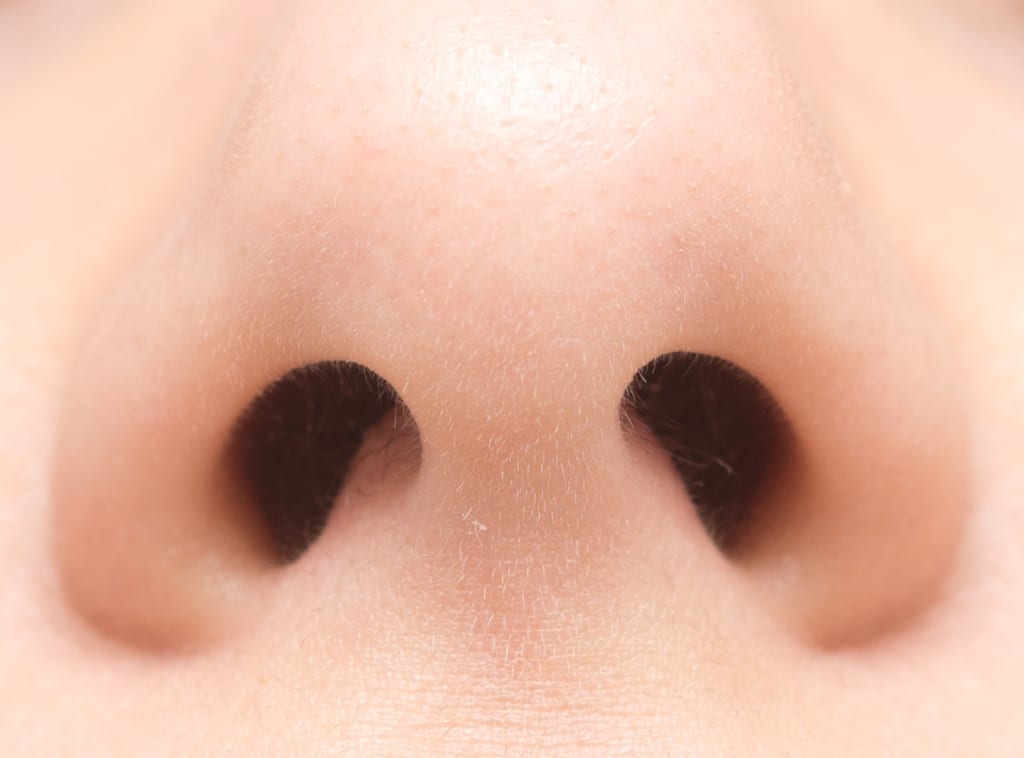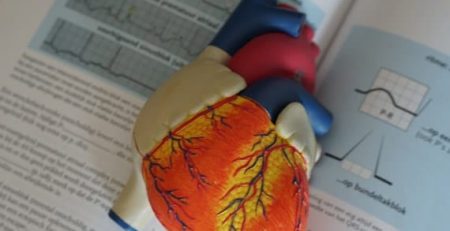Autism Found to Affect Sense of Smell
Researchers at the Weizmann Institute of Science in Israel recently published a paper in Nature Neuroscience explaining that, while other studies have already shown Autism Spectrum Disorder (ASD) affects the way a person interprets sights and sounds, it also affects how individuals with ASD interpret smells – specifically human body odor, IFLScience.com reported.
While the researchers found that individuals with ASD were no worse at detecting body odors than people without, they responded very differently. When exposed to sweat collected from a group of people taking part in a skydiving class (a fear-inducing activity), the control group acted as expected – “they exhibited fearful reactions.” When exposed to sweat collected from a group of people who were merely exercising, they had a much calmer reaction. The group with ASD exhibited the complete opposite behavior. “These findings suggest that people with ASD can read olfactory social cues but they misread them,” Rosie McCall reported.
While additional research still needs to be done, the team is hopeful this initial study will help “clarify both the function of these unconscious olfactory social cues and their roots in such social disorders as autism,” Noam Sobel said in a statement.














